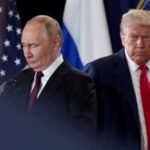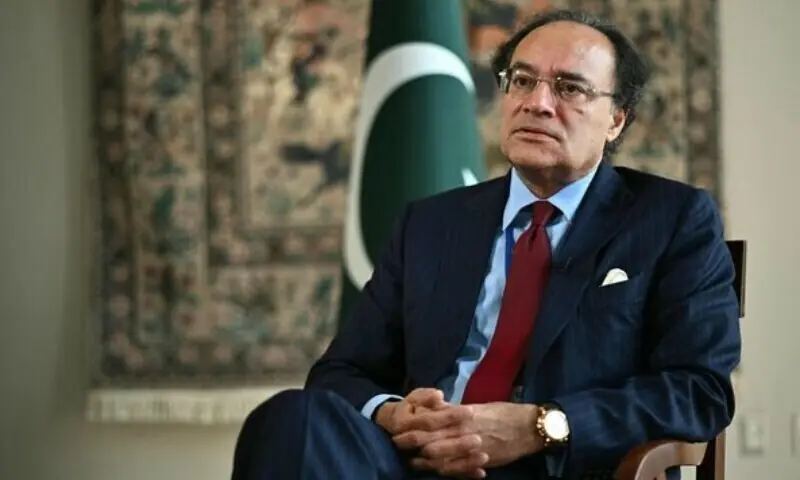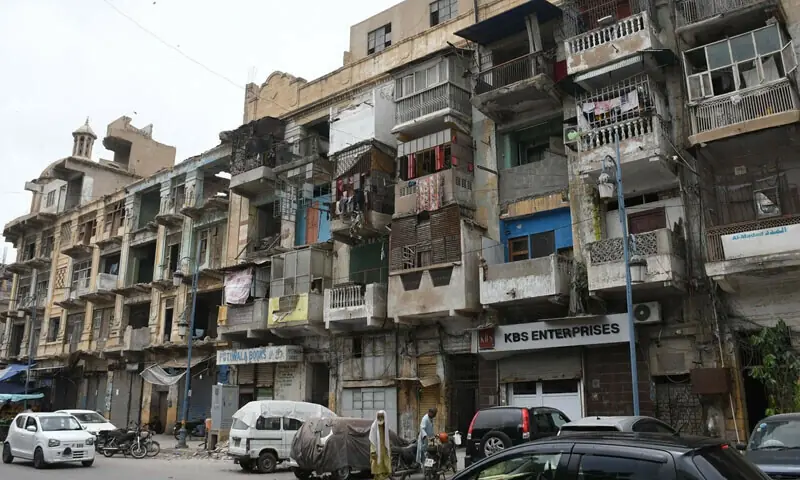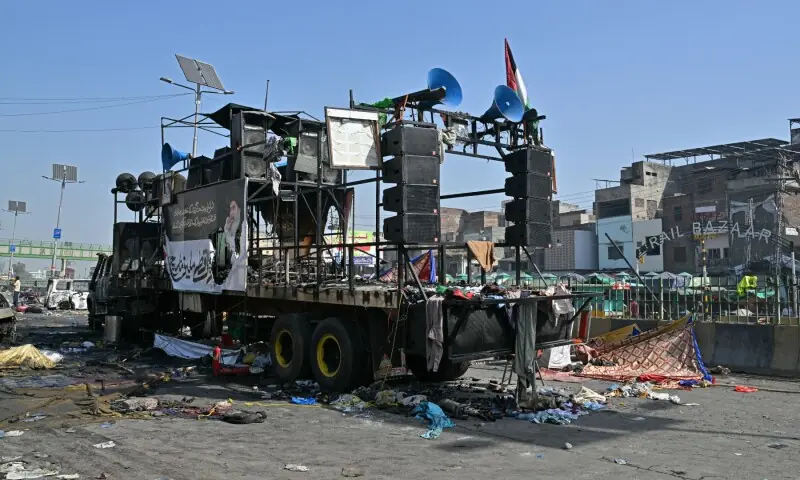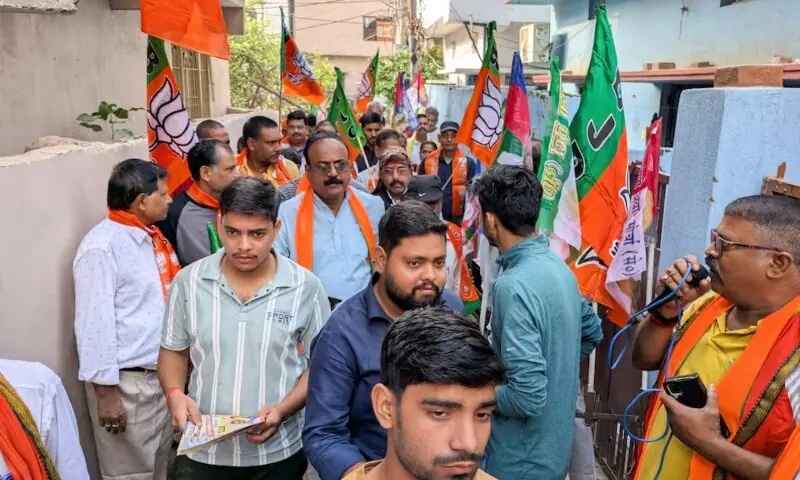Finance Minister Muhammad Aurangzeb arrived in Washington on Sunday, where he will attend the plenary meetings of the International Monetary Fund (IMF) and the World Bank (WB) from October 13 to 18.
The meetings bring together finance ministers, central bankers and development leaders from around the world, and offer Pakistan a crucial platform to secure the next tranche of the IMF, drive economic reforms and engage international partners on growth, investment and resilience.
Aurangzeb’s visit comes after an IMF mission concluded talks with Pakistani authorities on reviewing two loan programs totaling $8.4 billion without announcing a staff level agreement (SLA).
Before leaving for the United States, the Finance Minister had expressed optimism that the SLA with the IMF would be finalized next week during his visit to Washington.
Separately, Pakistani officials in Washington told media representatives that during the 2025 annual meetings, the Islamabad delegation would focus on securing the IMF’s third tranche, meeting the program’s remaining benchmarks, and submitting verified estimates of flood-related losses, with provincial contributions aligned with federal targets.
Last month, Prime Minister Shehbaz Sharif had urged the lender to take into account damage from recent floods in its review of the country.
Pakistan, a member of the IMF since 1950, has entered into more than twenty loan agreements with it, reflecting both its need for external support and the IMF’s stabilizing role during crises.
Similarly, the WB has supported Pakistan in energy, transportation, human capital, social protection and climate resilience projects.
During Aurangzeb’s meetings in Washington, WB projects on climate adaptation, digitalization of the Federal Board of Revenue (FBR) along with infrastructure development and involvement of investors and rating agencies will be discussed to strengthen confidence in Pakistan’s economic management.
The minister is also scheduled to participate in a regional roundtable on digital transformation of Pakistan’s tax system, organized by the World Bank.
Islamabad’s long-standing commitments to the two institutions have provided vital assistance to Pakistan, although they require the country to meet challenging fiscal and structural conditions.
The results of these talks, particularly the SLA with the IMF, will be key to sustaining economic stability and guiding the country’s growth trajectory over the next year.
The annual meetings of these international institutions are the world’s leading forums for addressing global economic challenges, financial stability and development strategies. They provide Pakistan with a platform to demonstrate its commitment to reforms, secure multilateral support and signal stability to international investors and partners.
Pakistan’s participation in these meetings is particularly significant as it seeks to implement structural reforms, manage fiscal and debt pressures, and reassure multilateral investors and lenders about its political credibility.
Aurangzeb’s commitments
Earlier, the Finance Ministry shared details of Aurangzeb’s engagements in Washington, including 65 official meetings and engagements, according to the state report. APPLICATION.
He is expected to hold meetings with senior officials from the IMF, the World Bank, the International Finance Corporation (IFC) and the Multilateral Investment Guarantee Agency (MIGA).
Additionally, he is expected to meet WB President Ajay Banga in a one-on-one session and attend a dinner hosted by Banga for finance ministers of selected countries. He would also meet IMF Managing Director Kristalina Georgieva during engagements on the sidelines of the G24 and MENAP (Middle East, North Africa, Afghanistan and Pakistan) country meetings, where he would deliver a keynote address.
He would participate in two events organized by the World Economic Forum and hold bilateral meetings with finance ministers from China, the United Kingdom, Saudi Arabia, Turkiye and Azerbaijan.
His agenda also includes meetings with senior White House officials, members of the US Congress, including the chairman of the Financial Services Committee, and representatives of the US State Department, the Treasury Department and the International Development Finance Corporation.
He will also participate with the United States-Pakistan Business Council to discuss investment opportunities and meet with global credit rating agencies and commercial and investment banks, particularly those in the Middle East.
In addition to his other engagements, the Finance Minister is also expected to give interviews to select international and US media outlets during the visit.
